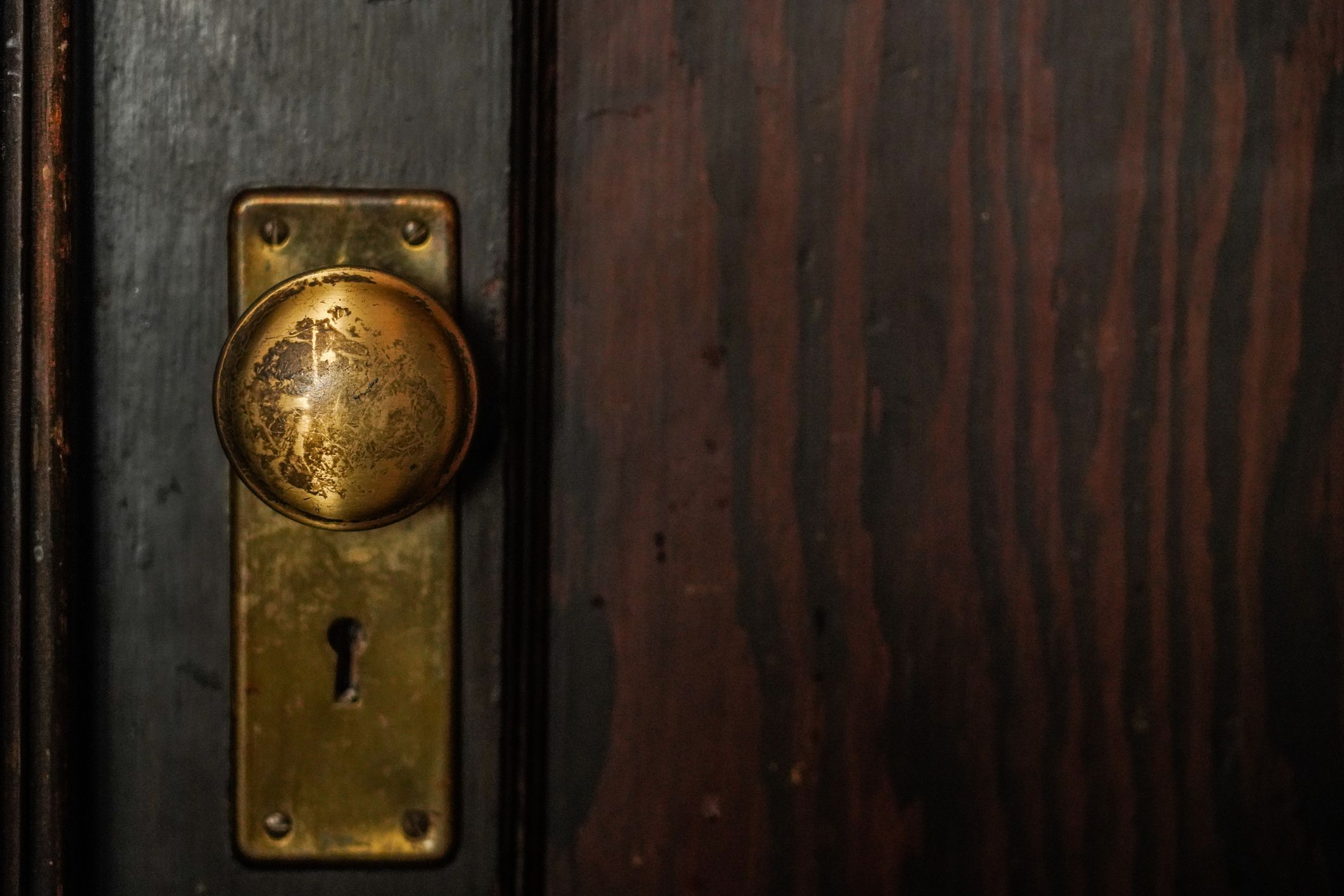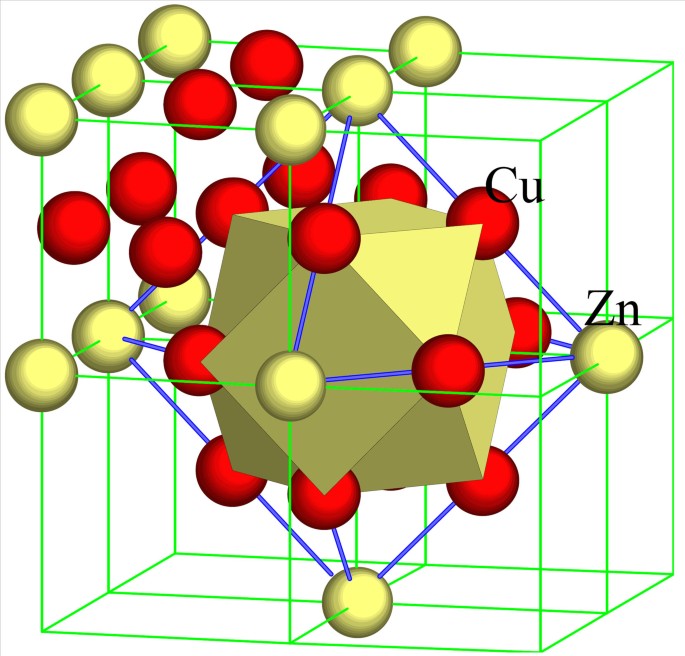In this article, I will answer that very question as well as some other questions that may arise. So, does brass rust? The straight answer is no. Brass does not rust. Rust usually takes place due to the reaction of the metal inside the alloy and the environment around it. Brass does not have the required metal in it to produce rust. So, it does not rust. However, brass undergoes tarnishing due to oxidation and forms a blackish, greenish layer on its surface. I will go over exactly why brass does not rust in more detail in the article. And mention whether it corrodes due to other factors. As well as a more detailed look at the metals that make up brass. And mention some small tricks you can try to brighten up any brass you have at home that seems to have dulled with time.
Why Does Brass Not Rust?
The main reason why brass does not rust is the absence of iron. Rust forms due to the oxidation of iron. This happens when you expose the iron to water and oxygen. But Brass does not contain any iron, so iron oxide (rust) cannot form on it. Brass is an alloy that is usually made of copper and zinc. Unlike iron, they do not form rust. However, depending on the amount of copper or zinc used in the metal can make it stronger or weaker. The main advantage of brass is that it does not rust. But what about other effects?
What Does Happen to Brass
Rust is not the only thing that affects metal. In fact, being resistant to rust does not mean brass is immune to other effects.
Corrosion for Brass
Just because brass does not rust does not mean that it will not corrode. Some people think corrosion and rust are the same things. This is incorrect, rust is a means by which iron corrodes. It is just one form of corrosion. And like iron, copper also corrodes. The main reason for brass to corrode is when you expose copper or tin present in brass to water. Instead of rust, the copper or tin reacting with the water causes the color to change. As a result, pinkish or reddish splotches can form on the surface. This is mainly a concern for tools and the like exposed to water. Another example would be brass pipes. These would be constantly exposed to water. As a result, you should notice reddish or pinkish splotches on the surface.
Oxidation for Brass
I went over how brass can react to water leading to corrosion. But what about when exposed to oxygen for long durations of time? Does brass oxidize like iron, without forming rust? Yes, brass does oxidize. Oxidation takes place on the zinc present in brass. The oxidation of brass can be either a positive or a negative for it. Oxidation can help prevent further corrosion from taking place on brass. However, this leads to the surface of the brass becoming less than appealing. Oxidation can also affect the structural integrity of brass. As the oxidation of brass can destroy the zinc present in it. The main responsibility of zinc is the strength of brass. As such, oxidation can weaken brass. Oxidation is very noticeable. The surface of the brass will become coated with a flakey black, blue, or green layer.
What is Brass Made of?
Being an alloy brass is the combination of more than one individual metal. This is to strengthen some qualities that each metal may lack by taking from another element.
In this article, I go over some of the most used metals for making brass alloys.
Copper
Copper plays the most important role when it comes to making brass. It is the main component of brass. Making up around 67% of it in the modern-day. Brass has a lot to gain from copper. Which is why it makes up most of it. One of the most notable characteristics that copper lends to brass is low habitability for bacteria. This trait makes brass useful in making medical equipment. As well as doorknobs or any surface that you will be touching regularly. Thus, decreasing the chance of disease spreading.
Zinc
Zinc is another notable metal used to create brass, making up 33% of it. Brass gets its strength and resilience from Zinc. So, an increase in the amount of zinc could lead to a more solid alloy. This strength that brass provides allows it to be used in pipes to hold water and in bolts to hold them in place. And unlike regular pipes, these will not rust and break. The use of Zinc in brass also increases its ductility. This means that it can be made into thin wire but will still retain its original strength and durability. Thus, adding more benefits to brass.
Lead
Among the metals added to brass, lead is present in quite a small amount. Making up only around 2% of the total brass. However, lead is not always present in brass. But it is added to gain further benefits. The addition of lead to brass can strengthen it and make it easier for manufacturing purposes. Thus, making mass production of brass-based goods much easier. Another benefit that brass gets from lead is increasing corrosion resistance. It can even provide brass with pressure tightness. It achieves this by sealing the up shrinkage pores. Below is the table of the composition of brass. Few extra metals are added in small proportion depending upon the requirement of brass.
Cleaning Tarnished Brass
Oxidation and Corrosion can lead to brass looking tarnished. But that does not mean it cannot be fixed. Before anything else you need to first learn what type of brass you are working with. If it is brass plated or a solid piece of brass.
Identifying and Cleaning Tarnished Brass Plating
You can find this out using a simple magnet. Place it against the brass object. And if it does not stick to it, it is solid brass. But if it does stick it is most probably brass plated. Cleaning a brass-plated ornament or tool is very easy. All you need to do is scrub it with hot water and soap. Be careful not to use something rough to scrub. As you might scratch off the plating.
Removing Lacquer from Solid Brass
However, cleaning solid brass is a little more complicated. Firstly, they usually come with a layer of lacquer pre-applied. You will first need to remove the lacquer before you can properly clean it.
Submerge it in hot water for a bit, and then cool it and submerge it again. This can cause the lacquer coating to start to come off. After that, you can try and peel it off with your fingernails.
Cleaning Tarnish from Solid Brass
Once the lacquer is off you soak it in some hot soapy water to clean it. Afterward use an old toothbrush to scrape off any excess dirt and dust that may remain. After that rinse and dry it so you can finally start getting rid of the tarnish. Use baking soda and white vinegar to make a paste. This paste may fizz for a bit but should settle down. Now you have your paste. Apply it to the surface of the brass object using a brush or even your hand.
After thoroughly applying the paste, let it rest for around 30 minutes. Once 30 minutes have passed, rinse the paste off and wipe it dry using a cloth. The tarnished appearance should disappear, and the old, polished gleam should return. If it still has some tarnish left over, repeat the process till you get the result you are looking for. This works because the acid in the vinegar and sodium present in the baking soda creates a chemical reaction to dissolve the tarnish. Below is the video attached showing how to clean the tarnished brass.
Common Uses of Brass
The fact that brass does not rust allows us to use it in many different parts of our lives. Earlier I mentioned the beneficial properties that brass gains from copper, zinc, and lead. Let us look a where you can use brass.
Musical Instruments
One of the most common uses of brass is in musical instruments. This is due to how malleable it is and corrosion-resistant.
And the fact bacteria cannot grow on it easily makes it a great choice for making any musical instrument.
Decorations
Brass is a very common choice when it comes to decorating. Unlike most metals, it will not rush and leave an ugly mark. And its color can range from a light goldish or silver color to a more reddish hue. The versatility allows you to do more with it while decorating.
Tools
Due to its longevity and resilience tools made of brass are very popular. They do not corrode easily nor do they rust. And bolts made with brass are quite strong ensuring a tight hold.
Conclusion
You came to this article with the simple question “Does Brass Rust?” And I answered and explained why brass does not rust. As well as go into details about what other effects it does undergo. As well as what brass is made of. I hope you found this article to be informative. Thank you for reading the article. Goodbye and Goodluck. Related Post: Brass vs Bronze Is Brass Magnetic Does Brass conduct electricity




:max_bytes(150000):strip_icc()/copper-and-brass-tarnish-remover-1387940_03_WhatYouNeed-ee6b7d1ccce246c2ab6ee4b2de1c9b9d.jpg)
